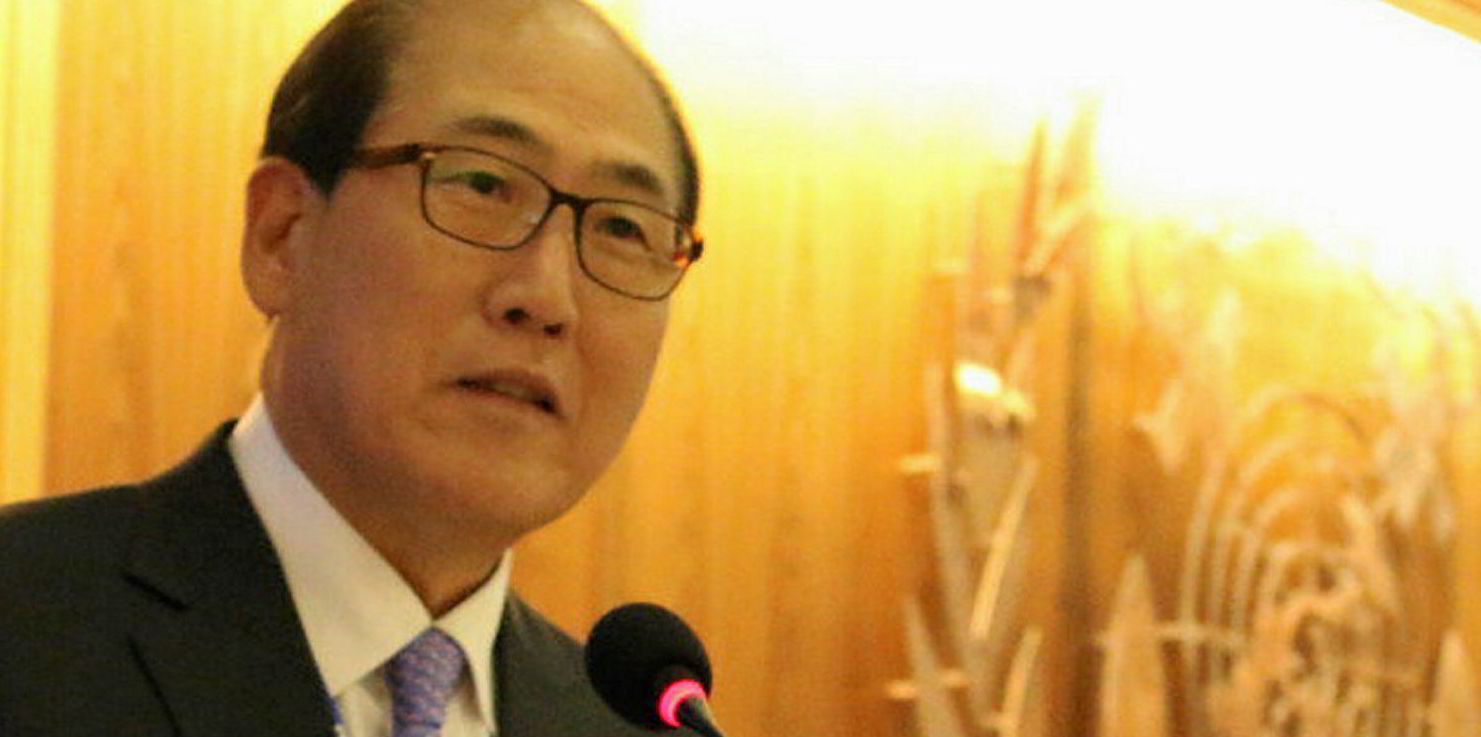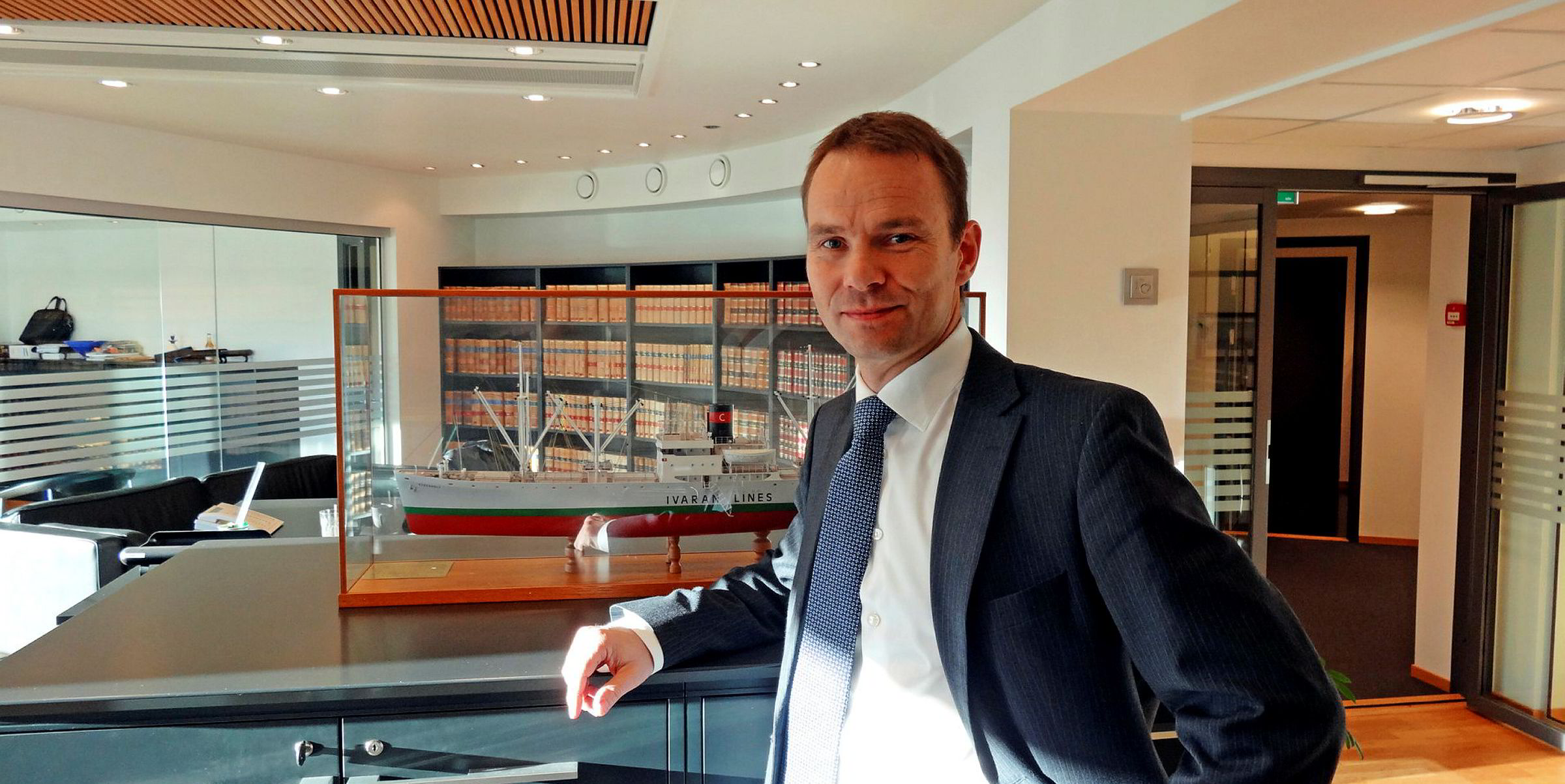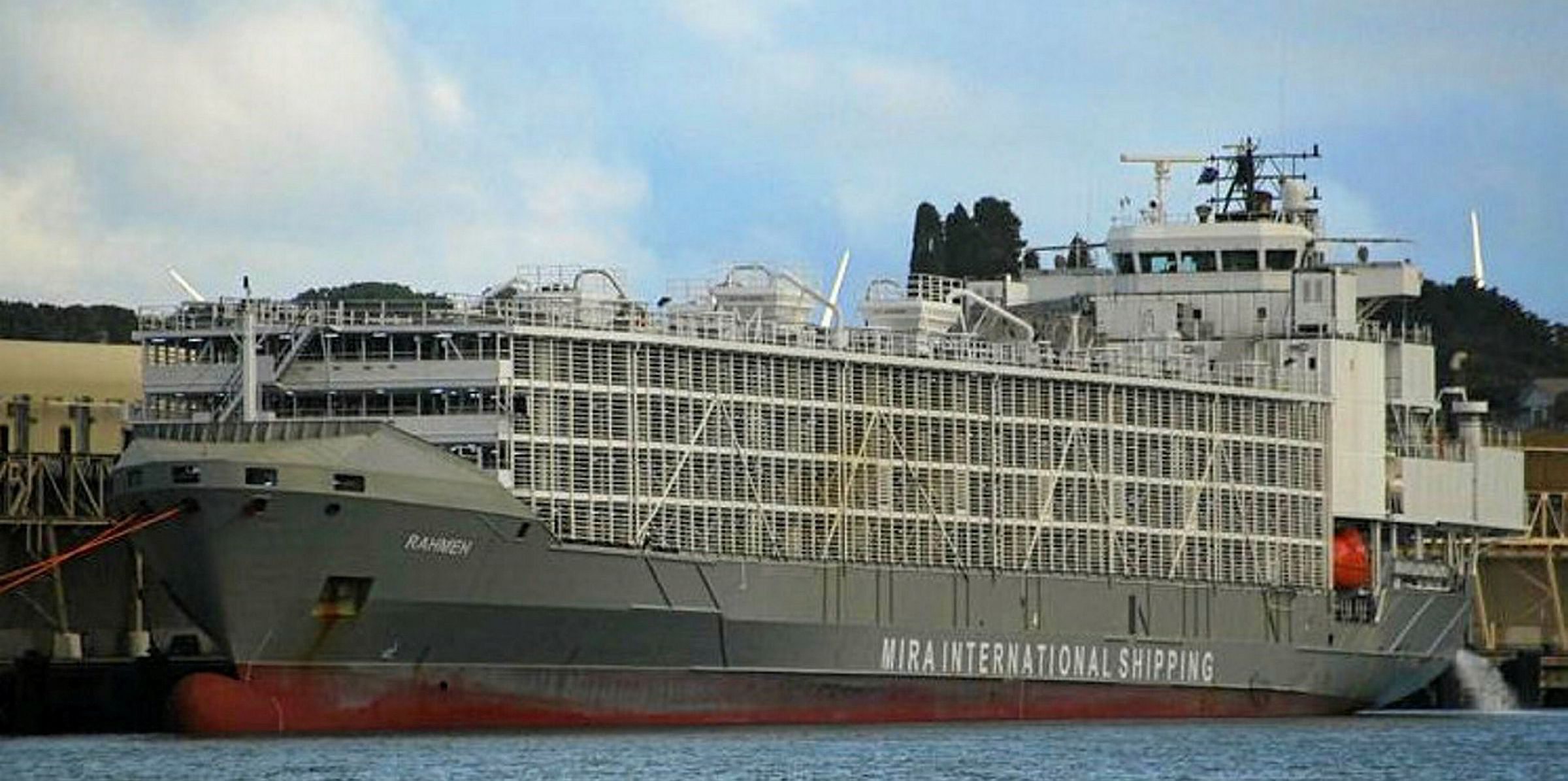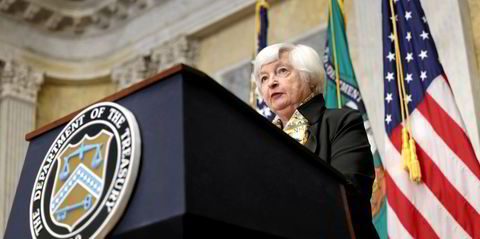The IMO's lobbying to give seafarers key worker status is ramping up ahead of a meeting of world leaders at the UN General Assembly session that begins on Tuesday in New York.
Shipping's global regulator has joined seven other UN agencies to demand authorities take immediate action on facilitating crew changes as hundreds of thousands of seafarers languish on board their ships, some for a year or longer.
"It is because of the sacrifices of seafarers who have continued working after their contracts have expired, that ports have remained open for trade, so allowing cargo operations to be carried out in a timely manner and goods to continue to circulate smoothly," the joint statement to all world governments read.
"The world owes a great debt to seafarers for maintaining supply claims throughout the pandemic."
The other bodies backing the call are the International Labour Organization (ILO), the UN Conference on Trade and Development, the Food and Agriculture Organization, the International Organization for Migration, the UN High Commissioner for Human Rights, the International Civil Aviation Organization and the UN Global Compact.
They argue that with the current rate of crew change and so many seafarers at sea for so long, navigational safety is under threat, despite so many UN member states issuing statements and calls for actions.
The joint statement follows one from IMO secretary general Kitack Lim last week making a similar request and comes after multiple calls from the organisation since May to help force the issue.
Safety regulations
An estimated 300,000 seafarers are stuck on board their ships and an equal number are unemployed shoreside.
Safety regulations limit a seafarer's maximum period of service to 11 months, but some have been on board for up to 17 months.
Monday's statement is the second in the run-up to the General Assembly session, during which the IMO, ILO and UN General Compact will hold a side session on 24 September to bring attention to the crew change crisis.
This year's session will see many world leaders opt to appear virtually rather than in person, due to Covid-19.






